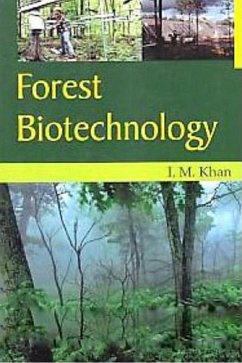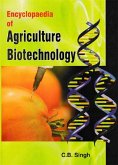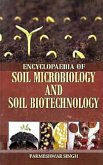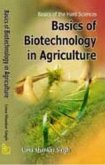Forest biotechnology is a growing field of study that has many potential benefits for humankind and our environment. In addition to the traditional uses of wood products, cellulose from trees is being used as a feedstock to the chemical and pharmaceutical industries, currently supplementing, but in the future possibly replacing fossil fuels. This book is the most comprehensive review of forest biotechnology to date. Within the context of forest biotechnology we can refer to "modern" biotechnology as that which postdates the discovery of the structure of deoxyribonucleic acid, or DNA. Modern biotechnology is centred on the analysis and manipulation of DNA and the insertion of DNA fragments into organisms. Biotechnology has advanced to where we can research biological systems at the DNA level, and even sequence entire genomes. This feat was accomplished through years of research in plant and agricultural life sciences. While we can sequence a human's genome today, it is not as simple for some trees. For example, a representative conifer (pine tree) genome is many times larger than a human's; the Loblolly pine's genome is seven times larger. Such a feat has yet to be accomplished in whole, but the Pine Genome initiative is working towards this goal to improve future bio-fuel production from pine trees, improve forest health, and gain insight into plant evolution.
Dieser Download kann aus rechtlichen Gründen nur mit Rechnungsadresse in A, B, BG, CY, CZ, D, DK, EW, E, FIN, F, GR, HR, H, IRL, I, LT, L, LR, M, NL, PL, P, R, S, SLO, SK ausgeliefert werden.









